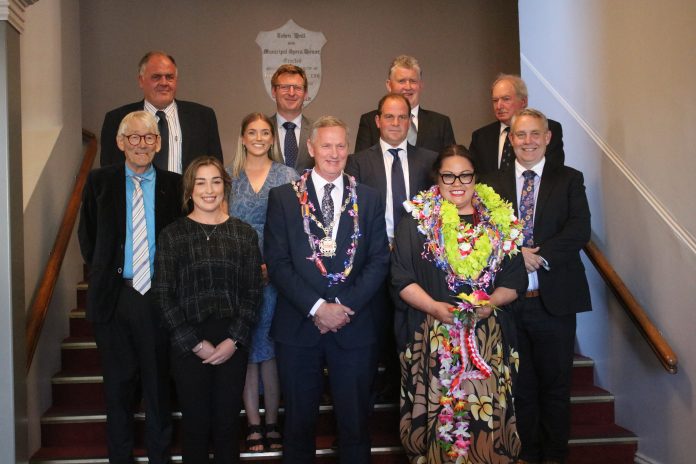
The Waitaki District Council has made wholesale changes to its committee structure, but not all councillors believe it will benefit the district.
At Tuesday’s council meeting, the council revealed it will move forward with three main committees, and seven subcommittees, for the next triennium.
Previously the council operated with four main committees, including the executive committee, and five sub-committees.
The performance, audit, and risk (Par) has been retained as a main committee and is joined by the district licensing and hearings committees, which have been elevated from subcommittees to main committees.
Independent member Simon Neale will chair the Par committee and Cr Jim Hopkins will lead the hearings and district licensing committees.
Returning sub-committees included harbour area, led by councillor Jeremy Holding, development contributions, led by councillor Guy Percival and grants and awards, led by new councillor Rebecca Ryan.
New sub-committees included development contributions (Cr Percival), district plan review and roading contract (both councillor Jim Thomson), chief executive employment, and council controlled organisation shareholder (both Waitaki Mayor Gary Kircher).
Mr Kircher said a large work load lay ahead of the council and the structure would be reviewed in six months.
While some changes were positive for the future, Cr Percival said removing the assets committee did not ‘‘sit well’’ with him.
‘‘I can’t quite come to grips with why we’re not retaining the assets committee, which has the responsibility for the largest expenditure (roading) of this council,’’ Cr Percival said.
‘‘I don’t think we’re going to get, regardless of the assurances I’ve had, that we’re going to get the information we need to make good decisions and I am pleased that there will be, I hope an intense six-monthly review of this whole process.’’
Mr Kircher acknowledged the loss of the assets committee was a major change, but did he not believe the council was disadvantaged by it.
‘‘I don’t see any reason that we won’t get the same information that we had in the past.
‘‘It is up to us as well, as elected members, that we need to make sure the process allows everyone to [feed] in,’’ Mr Kircher said.
The council had also opted to hold meetings every two weeks, instead of six, to ensure reports could be decided on with more regularity.



